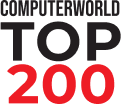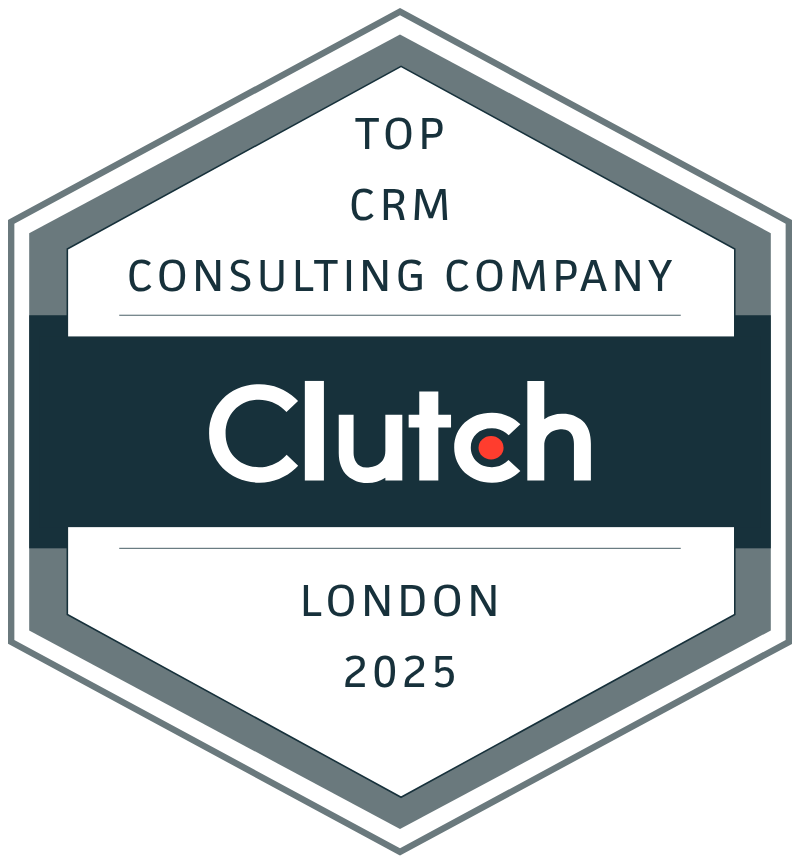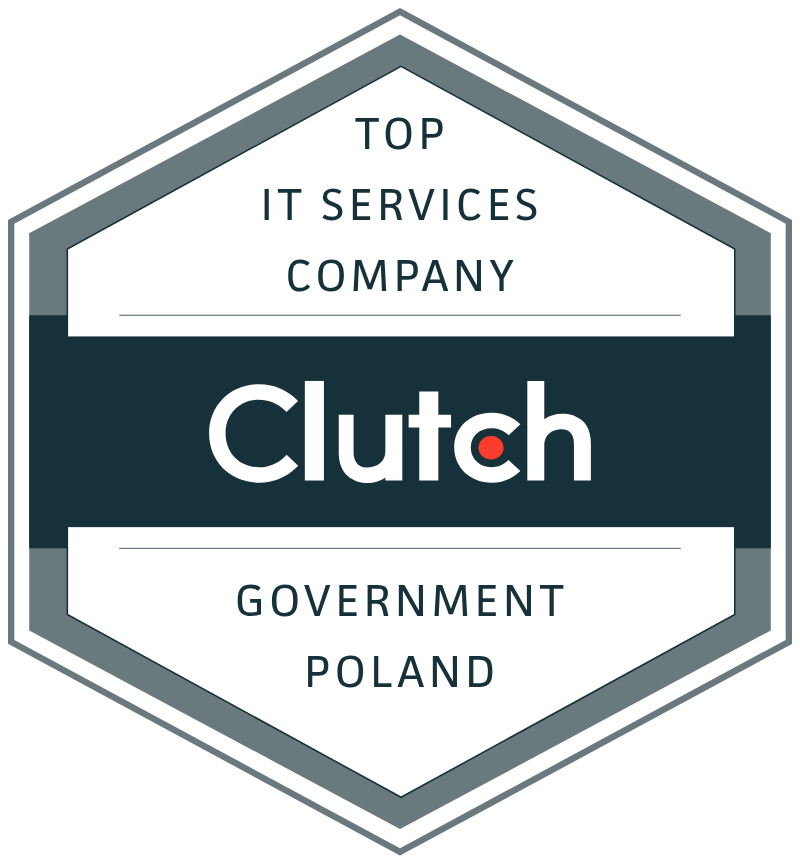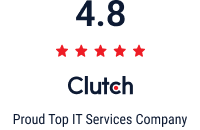+ years
+ Specialists
+ projects
% stay with us
+ years together
+ conference talks








Legacy system modernization is the process of updating or replacing outdated software applications, platforms, or infrastructure to meet current business demands and technological standards. This can involve various strategies, from re-hosting to completely rebuilding systems.
Modernizing legacy systems helps reduce operational costs (e.g., high maintenance, expensive licenses), mitigate security risks associated with unsupported technologies, improve performance and scalability, enable integration with modern tools, and allow your business to adapt more quickly to market changes and new opportunities (for example, you can leverage the power of AI or the cloud).
We offer a range of approaches tailored to your needs. This includes re-hosting (moving to new infrastructure), re-platforming (migrating to a new platform with minor changes), refactoring (restructuring existing code), re-architecting (altering the codebase to shift to a new architecture), and rebuilding (redesigning and developing the application from scratch). We can also replace your existing system with a suitable off-the-shelf or custom solution.
Our process begins with a thorough assessment of your legacy system, considering its business value, technical condition, operational costs, and your long-term objectives. Based on this analysis, we collaboratively define the most suitable and cost-effective modernization strategy.
Yes, we often recommend and implement a phased approach to modernization, especially for complex systems. This allows for incremental improvements, risk mitigation, and minimal disruption to ongoing business operations. We can prioritize modernizing the most critical or problematic components first.
We focus on building scalable and flexible architectures using modern, widely supported technologies. Our process includes understanding your long-term business strategy to ensure the modernized system can adapt to future growth and evolving requirements. We also emphasize knowledge transfer so your team can effectively manage and extend the new system.
The timeframe and cost vary significantly depending on the complexity of the legacy system, the chosen modernization approach, and the scope of work. After our initial assessment, we provide a detailed project plan with time and cost estimates tailored to your specific situation.